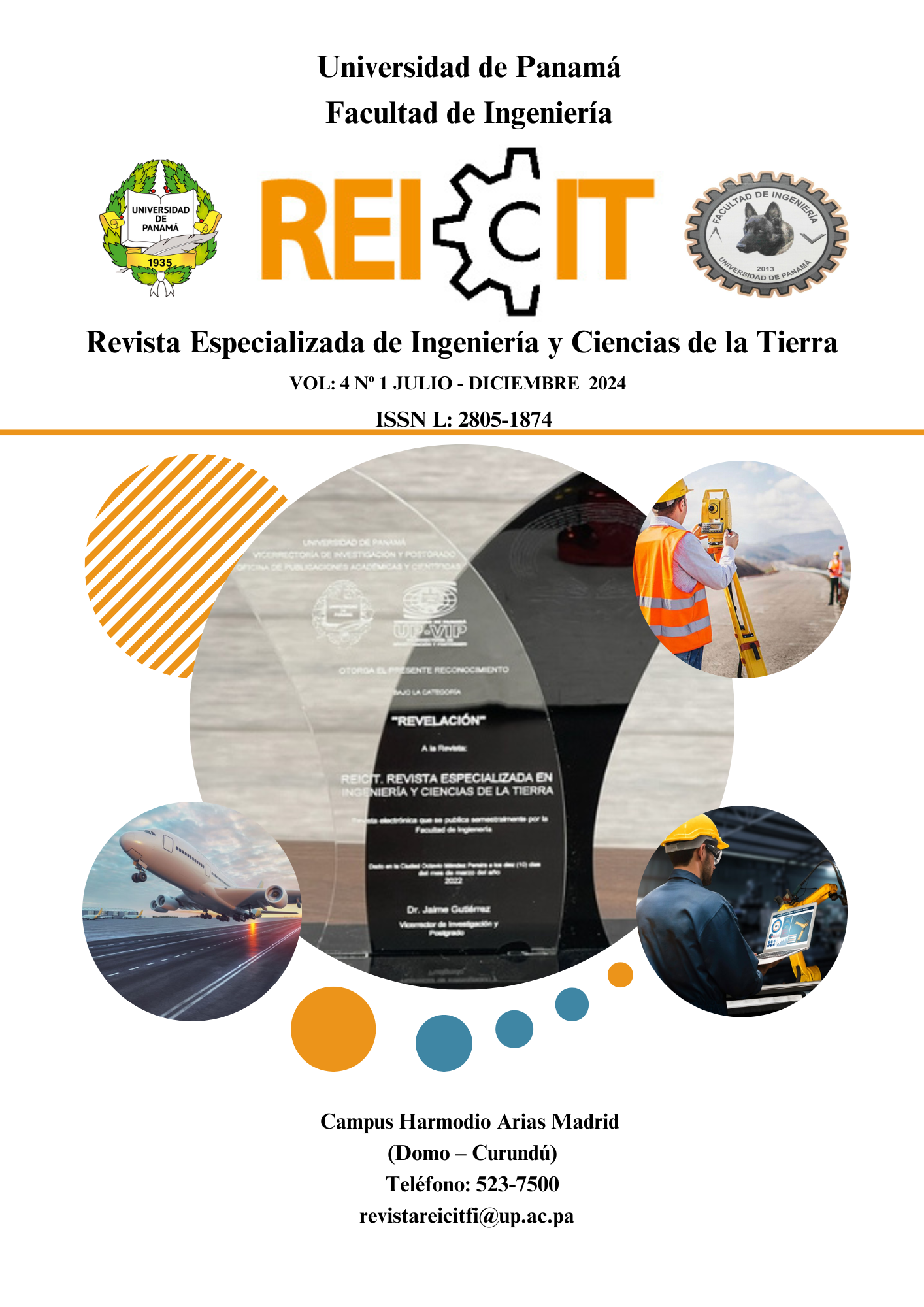
Artículos

Copyright (c) 2024 REICIT

This work is licensed under a Creative Commons Attribution-NonCommercial-ShareAlike 4.0 International License.
The main objective of this article is to provide information on the relationship between exposure to agrochemicals and the development of chronic kidney disease, paying special attention to agricultural workers and communities near crop areas as a vulnerable population.
Millions of people around the world suffer from chronic kidney disease (CKD), a serious public health problem. Constant exposure to agrochemicals, both direct and indirect, exposes agricultural workers and rural dwellers to an increased risk of developing CKD.
To safeguard human and environmental health, a thorough risk assessment of agrochemicals is crucial. We urgently need to implement measures to protect the kidney health of these vulnerable populations. Risk management includes the use of protective equipment, sustainable agricultural practices and education about the associated risks. Specialized medical care and preventive measures are critical to address the risks associated with CKD and agrochemical exposure. The protection of human and environmental health requires cooperation between regulatory agencies, farmers and the general public. This collaboration will ensure healthy working conditions and a sustainable agricultural future.
Este obra está bajo una licencia de Creative Commons Reconocimiento-NoComercial-CompartirIgual 4.0 Internacional.
